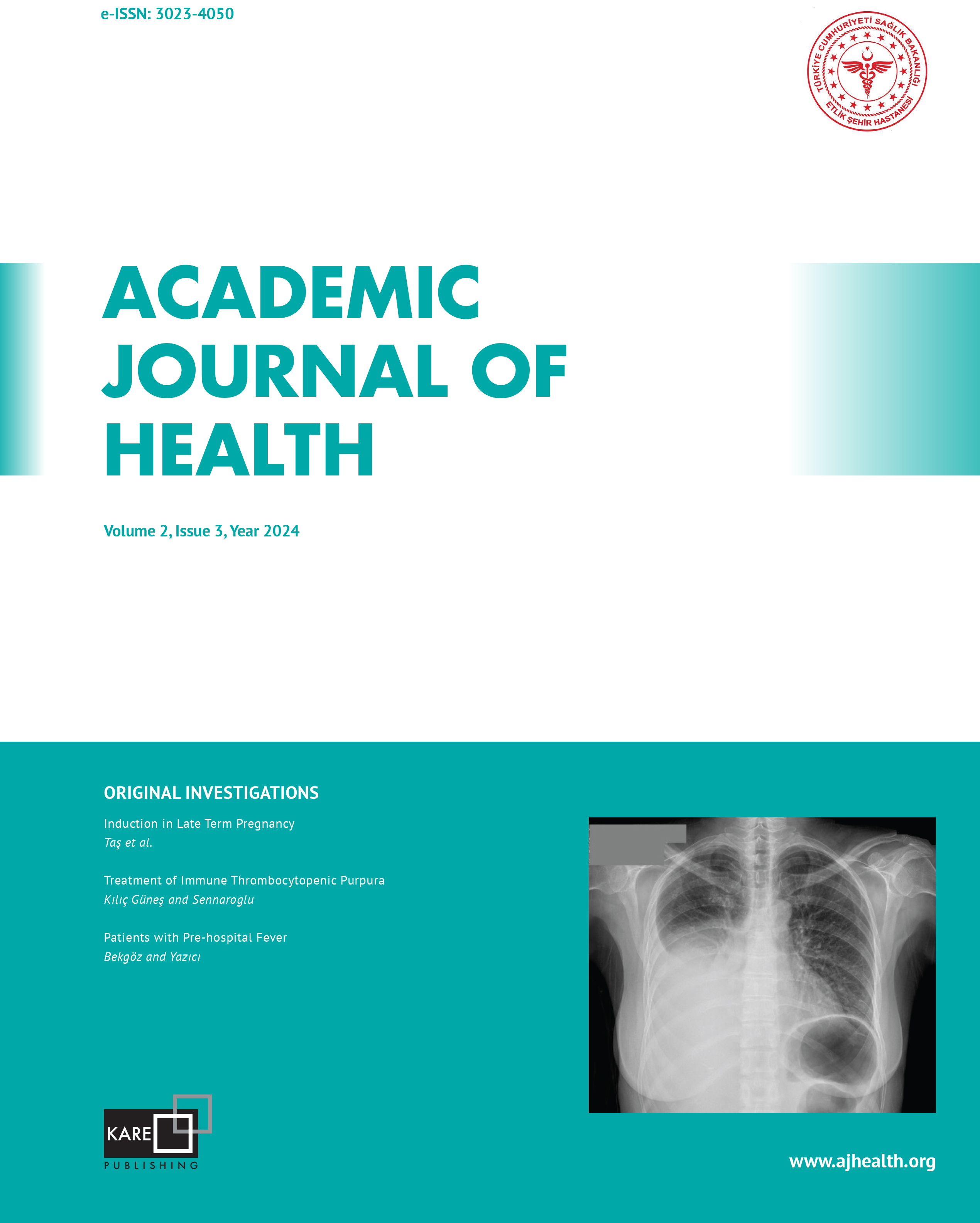The Relationship Between Revised Cardiac Risk Index and Postoperative Morbidity After Major Abdominal Oncologic Surgery
Idil Kaya1, Menşure Kaya2, Dilek Kalaycı2, Özlem Şen2, Süheyla Ünver21Department of Anesthesiology and Reanimation, Ministry of Health, Sorgun State Hospital, Yozgat, Türkiye2Department of Anesthesiology and Reanimation, University of Health Sciences Dr. AY Oncology Training and Research Hospital, Ankara, Türkiye
INTRODUCTION: Major abdominal surgery is associated with postoperative morbidity, including perioperative cardiac ischemic events. Preoperative risk stratification is important for optimal surgical care, which is only possible once the risk has been identified. We aimed to determine a relationship between the Revised Cardiac Risk Index (RCRI) and postoperative morbidity after major abdominal oncologic surgery.
METHODS: Ethics committee approval was obtained by protocol number 2018-04151. A total of 350 patients, aged over 18 years, undergoing elective major abdominal oncologic surgery and were expected to continue for more than two hours participated in the study. ASA classification, RCRI score, duration of surgery, and postoperative morbidity survey (POMS) on postoperative days 1 and 5 were recorded. We followed the length of hospital stay, hospital admissions after discharge, and postoperative mortality within 30 and 90 days.
RESULTS: There was no significant correlation between RCRI and postoperative first-day morbidity (p=0.233). A moderate positive correlation was found between the ASA classification and the RCRI (r=0.443; p<0.001). The patients with high ASA scores had high RCRI scores. The most common morbidities were renal (99,1%), pain (93,7%), and gastrointestinal morbidity (84.3%) on the postoperative first day. As the RCRI score increased, the length of hospital stay was longer; however, this difference was not statistically significant (p=0.180). There was a weak positive correlation between the RCRI score and mortality (r=0.127, p=0.017).
DISCUSSION AND CONCLUSION: Our study showed an insufficient correlation between RCRI as a preliminary assessment tool and postoperative morbidity. We considered a need for different risk-scoring systems that are practical and useful in predicting patients with a high risk of morbidity after major abdominal oncologic surgery.
Manuscript Language: English




